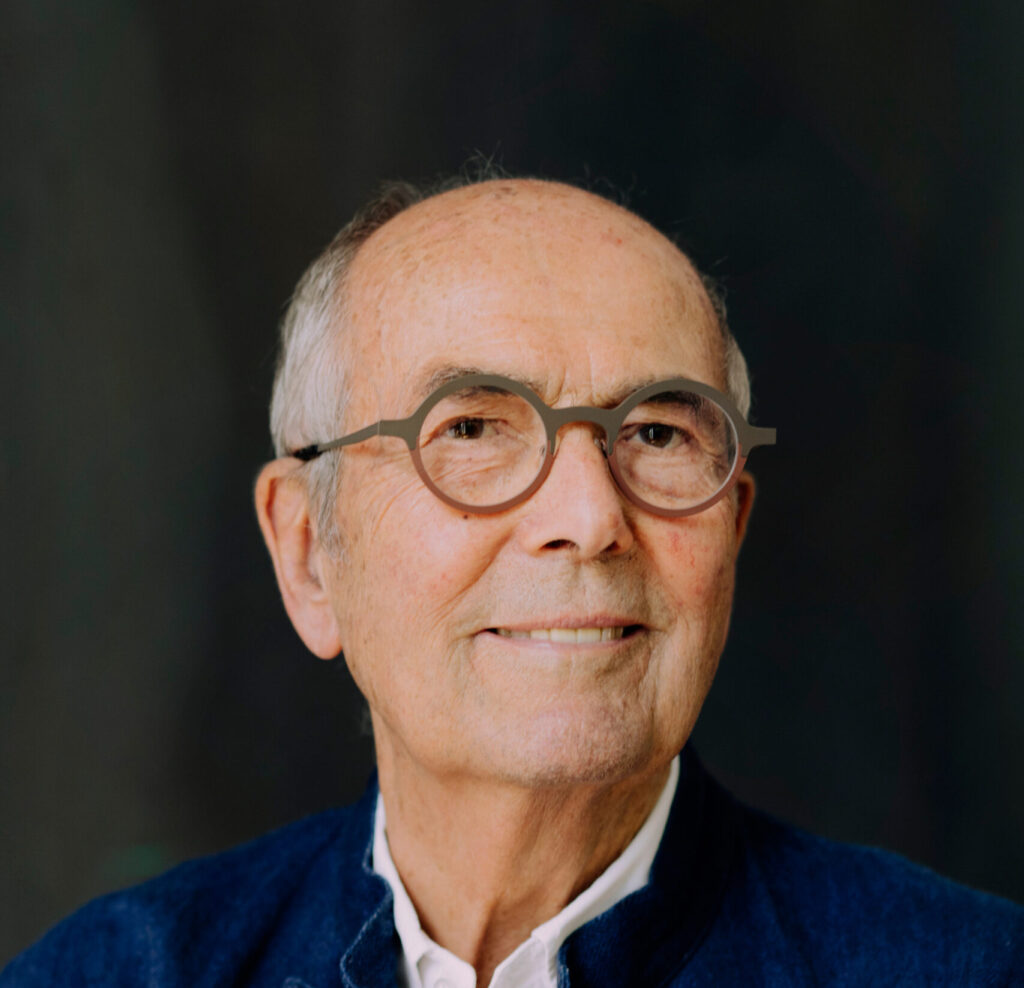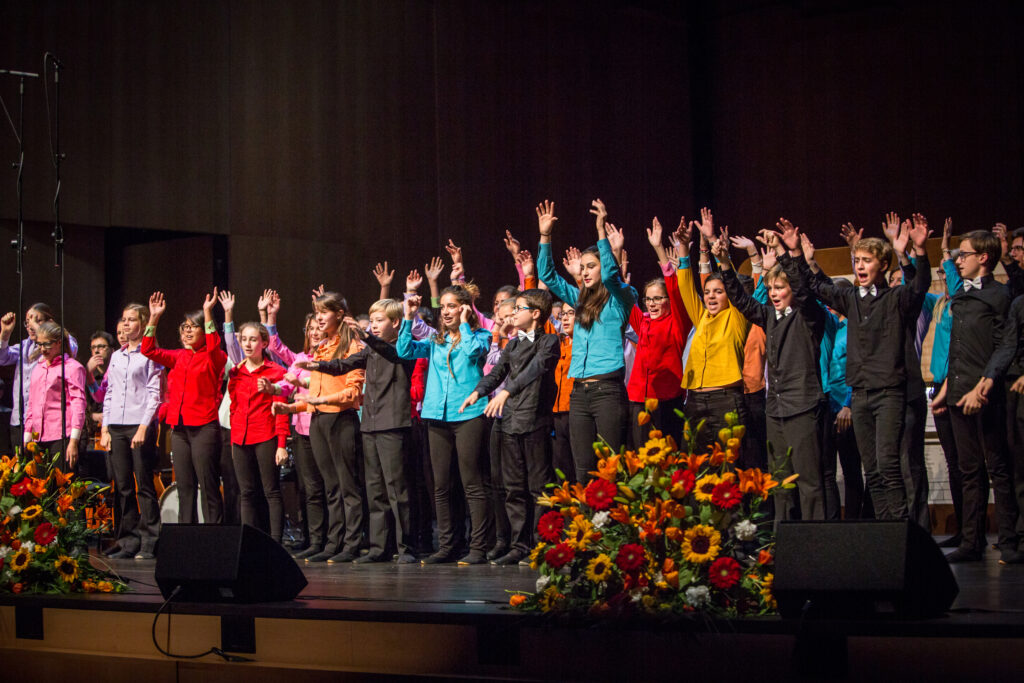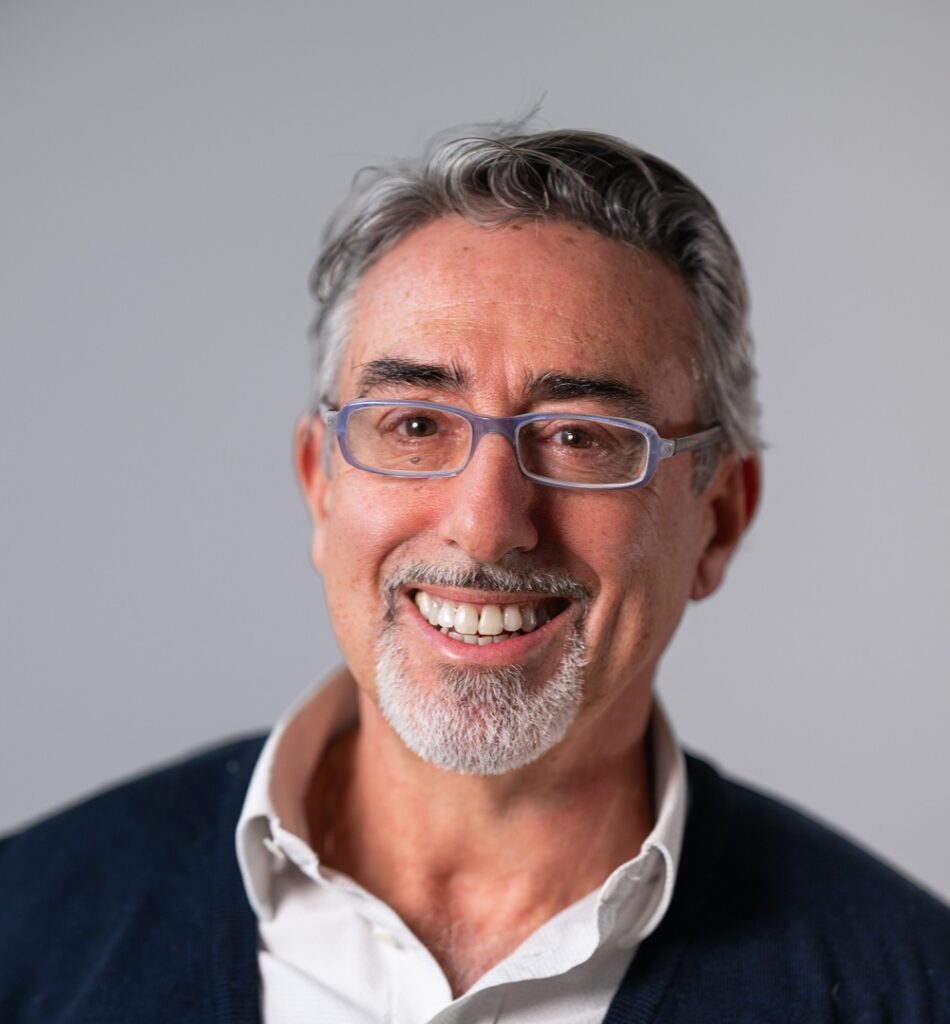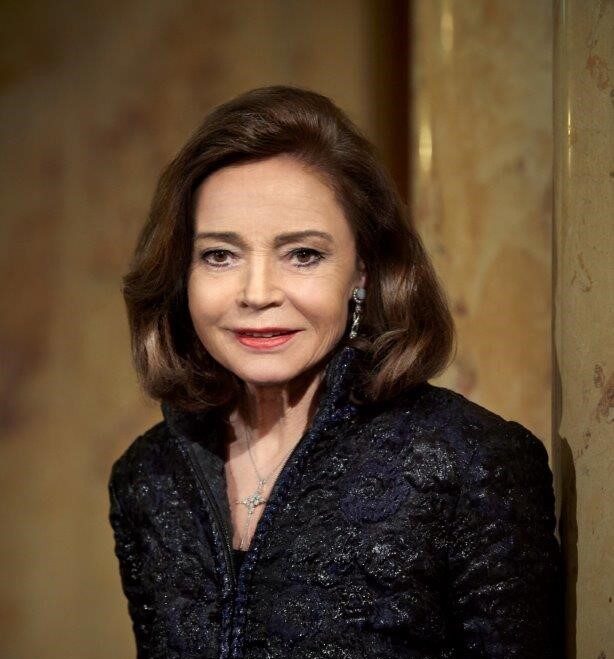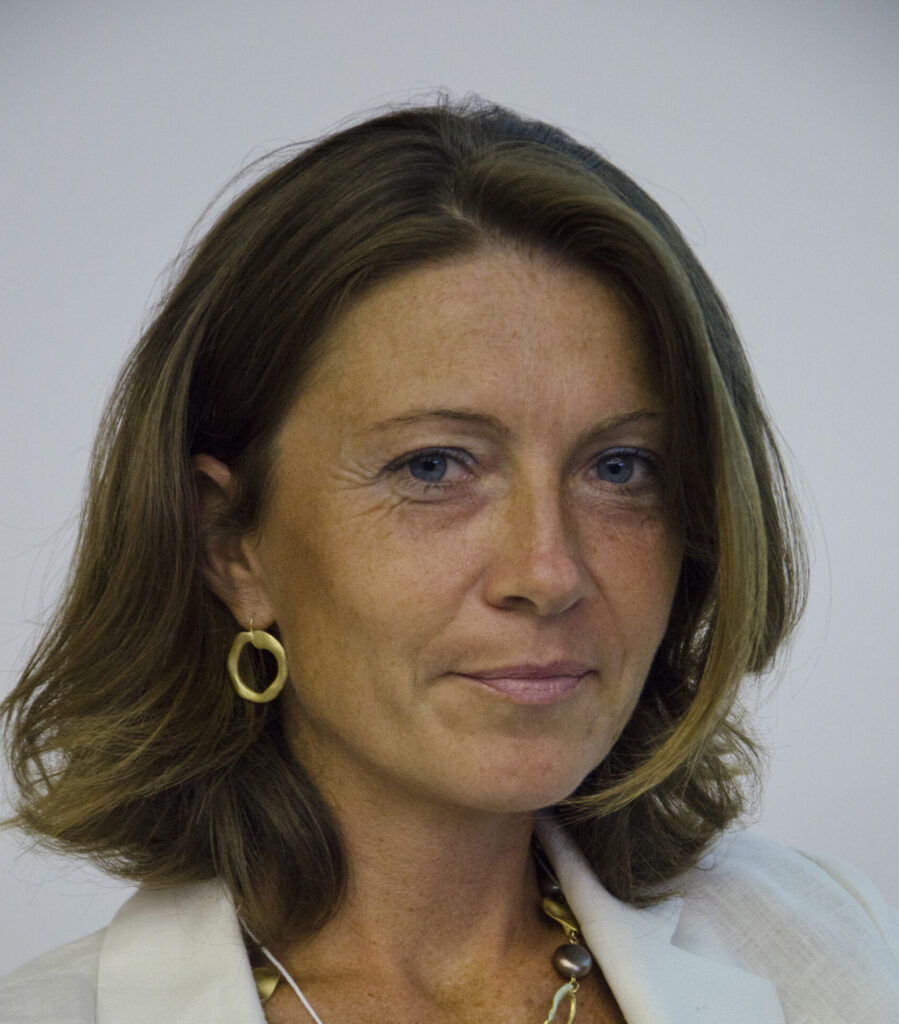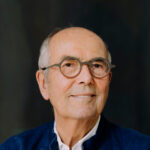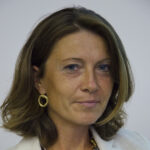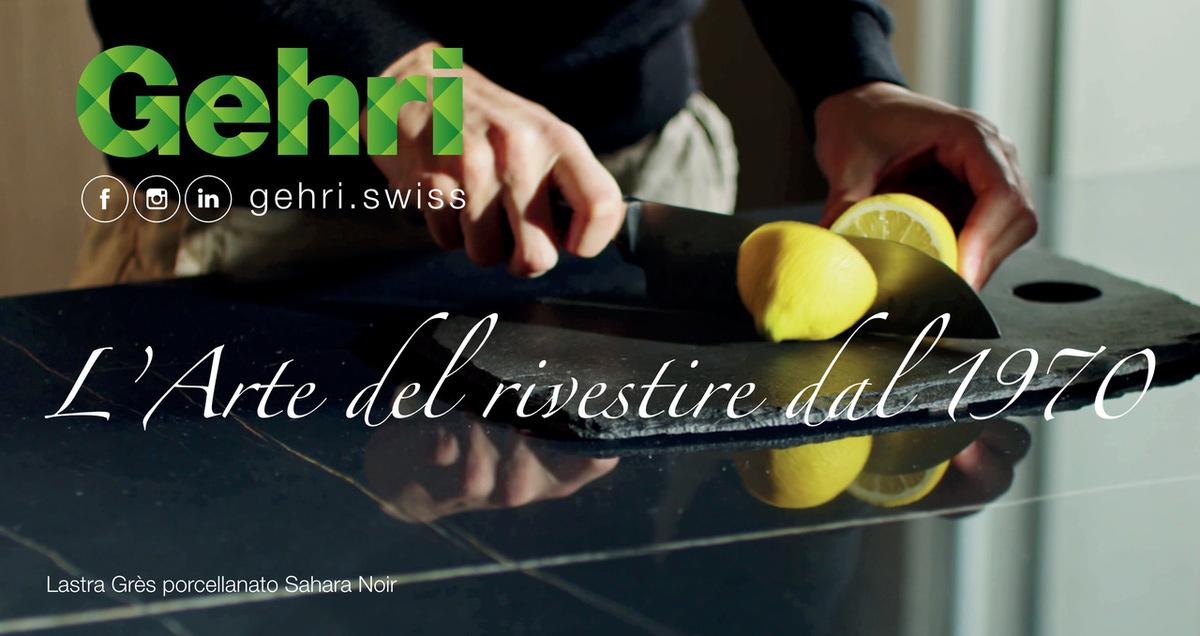Bernard Sabrier – now President of Children Action – , you are a successful entrepreneur. Would you like to tell us which milestones of your professional and personal life have had the most influence on your choices as a philanthropist?
«First of all, I don’t like the word «Philanthropist», I rather prefer the expression “Good citizen” which reflects more my belief in this matter. When you have had the chance to be born and raised in a democratic country and when you have been reasonably successful, giving back to society appears as the obvious way to leave a trace.
At the end of the day, you are not what you have achieved but what you have given. So it’s hard for me to connect this to a milestone in my professional life. I was fortunate to start Children Action when I was in my forties, it gave me time to learn, measure the impact and try to improve our programs along the way.
Our vision since day one remained the same. In the respect of a flawless ethic, do as well as we can, measure our real impact on children and their families and run www.childrenaction.org like we would run a business».
When did you first come into contact with philanthropy for children? What made you decide to get involved in this field?
«I came into contact with philanthropy in my childhood as my mother was always very generous towards social projects and she told me: “In life there are two camps. The receivers and the givers. Believe me it’s better to be in the second one”».
As a high-profile philanthropist, you have been working with your foundation Children Action. Can you tell us a little more about it?
«Apart from my family, Children Action is, most probably, the experience which has been the most rewarding. Since day one I have been surrounded by such a professional board of trustees and an astonishing Managing Director.
They are the ones who have transformed the initial vision into reality. This journey has been amazing! Since we started in 1994, over 173,000 children and young adults have benefited from our concrete actions, experiencing real change in their lives and tangible benefits for their future.
We have realized projects worth over 150,000,000, distributed 5.5 million meals, operated complex surgery on about 15,000 children and also helped or saved more than 19,500 teenagers from suicide… So far we have allocated CHF 50 mios to projects for a value of CHF 150 mios».
How does the foundation describe its activities?
«Making a difference is at the heart of all Children Action’s commitments. The Foundation intervenes and supports projects that aim to have a long-term positive impact on the lives of beneficiaries. For this purpose, Children Action benefits from diversified and complementary know-how. Each of its projects is evaluated, conducted and monitored by experts who provide their skills and expertise to ensure the quality of the Foundation’s actions.
Children Action’s special feature is that it has no administrative costs as I personally cover all of them. Every dollar donated goes exclusively to the programs. Moreover, a participatory environment is developed for each project to increase the resources needed to implement the programs. Thanks to a powerful leverage effect enhanced by key partnerships, the value of projects financed by the Foundation is multiplied by three on average. So then, each CHF 1.- received generates CHF 3.-».
What projects is your foundation currently pursuing?
«Currently, Children Action is running 17 projects in 8 countries in the following areas: Prevention and care of teenage suicide in one of the largest programs in Europe in partnership with the University Hospitals of Geneva and soon a similar project in Zurich; Wellbeing in hospital for children with cancer in Switzerland; Access to care for underprivileged children who need surgeries in Cameroon and Vietnam; Psychosocial support for teenage mothers and their babies in Argentina and Peru; Education and nutrition in Myanmar, Sri Lanka and Vietnam.
Specific actions complement these projects: since March, in collaboration with our trusted partner in Poland, we have been organizing almost weekly deliveries of between 2 and 4 tons of goods (food, hygiene products, etc.) from Poland to Ukraine».
A research team led by Philippe Tobler and Ernst Fehr has studied the effects of generosity on the personal well-being of donors and concludes: generosity makes people happier. Do you personally share these insights?
«The research from Philippe Tobler and Ernst Fehr is probably right. I don’t know If the word “happiness” is correct as: Can you feel happy in front of so much poverty and medical challenges… I think it gives you a sense of achievement or fulfilment».
What influence has philanthropy had on you as a person and entrepreneur?
«As an entrepreneur, becoming “a good citizen” – what you call a philanthropist – appears quickly as a goal and you want to achieve more in your business life in order to give more».
Finally, what will Bernard Sabrier and his foundation be doing in five years’ time? What would you like to have achieved then?
«In 5 years time, the goal is to do better, be smarter and do more because the underprivileged in the world require more and more effective support».
Bernard Sabrier and the Children Action Foundation
*Bernard Sabrier is the Chairman of Unigestion and the CEO of Unigestion Asia Pte Ltd. After starting his career in finance at Paribas in 1972, he took control of Geneva-based Unigestion in 1976. Since then he has successfully grown the business into a leading independent asset manager investing in privateequity, equities, multi-asset and alternatives – with a strong ESG focus. In 2011, Mr Sabrier created a Swiss charitable foundation, the Famsa Foundation, as the asset manager’s controlling shareholder.
The Foundation, of which he is President, has supported many significant projects across the charitable, educational, cultural and medical fields. Mr Sabrier has acted as a Director on the Boards of several large European companies and is a Member of the Advisory Board of the Marshall Institute for Philanthropy and Social Entrepreneurship at theLondon School of Economics. He is also the Co-founder of MAMCO – the Museum of Modern and Contemporary Art in Geneva – the largest contemporary art museum in Switzerland.


